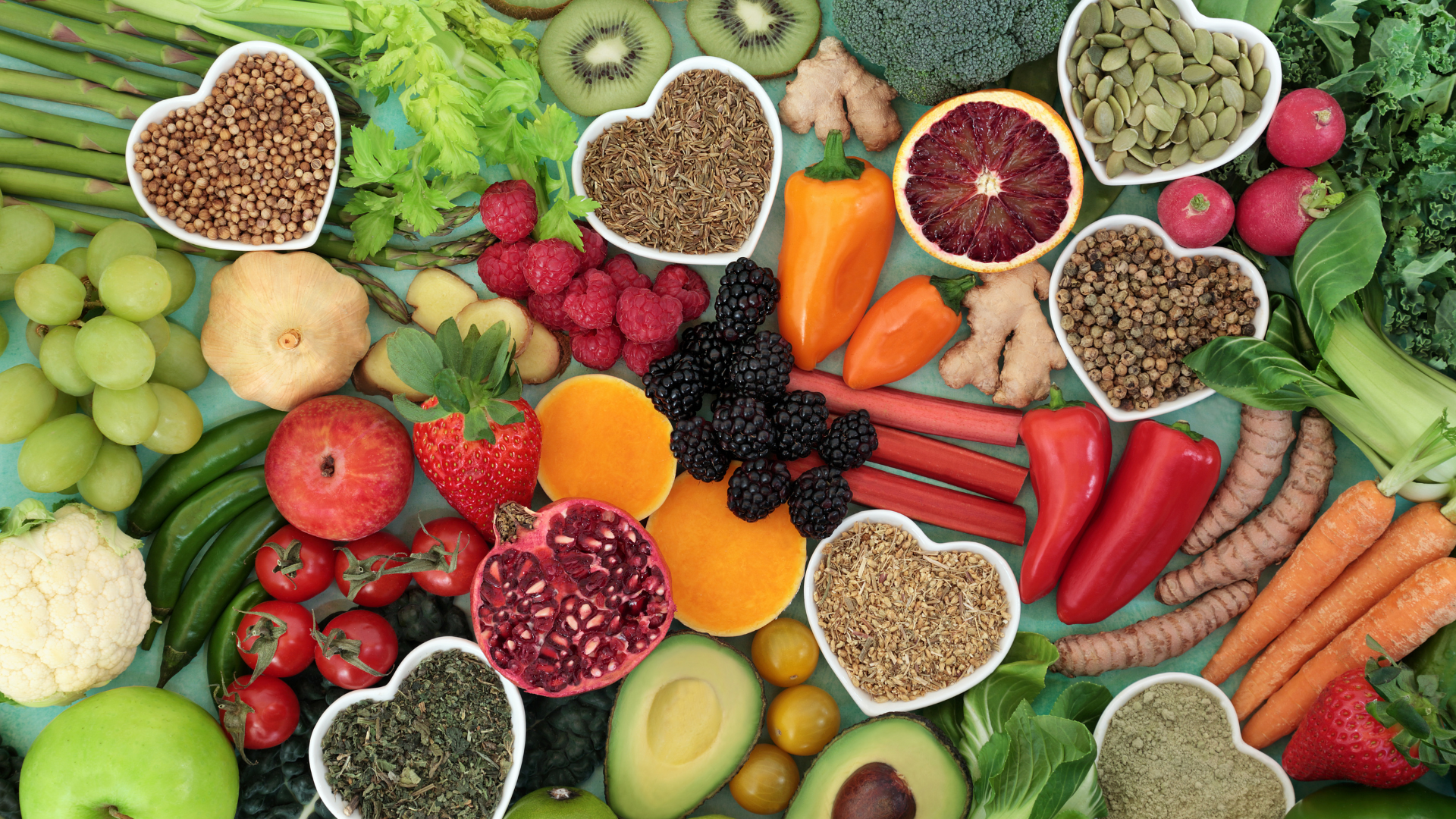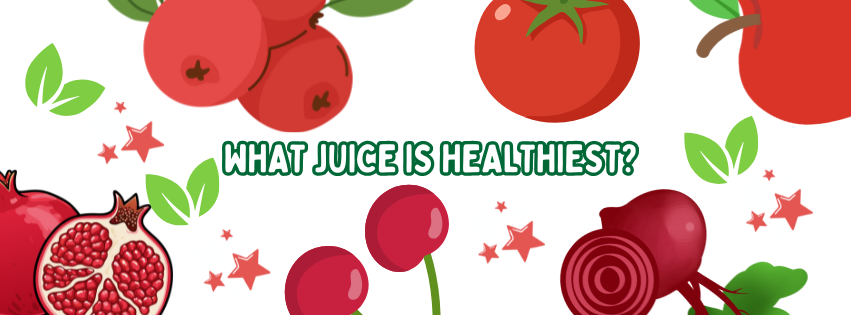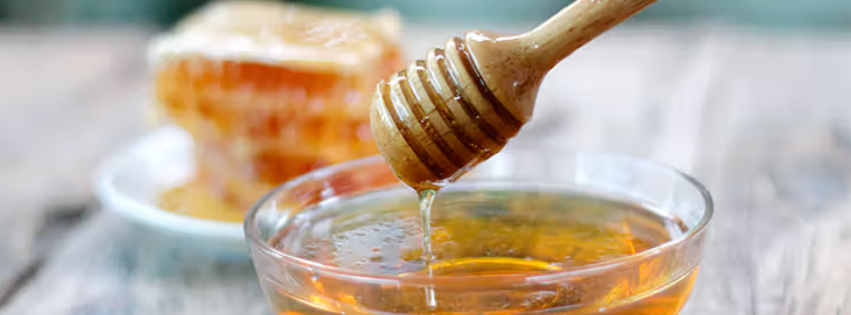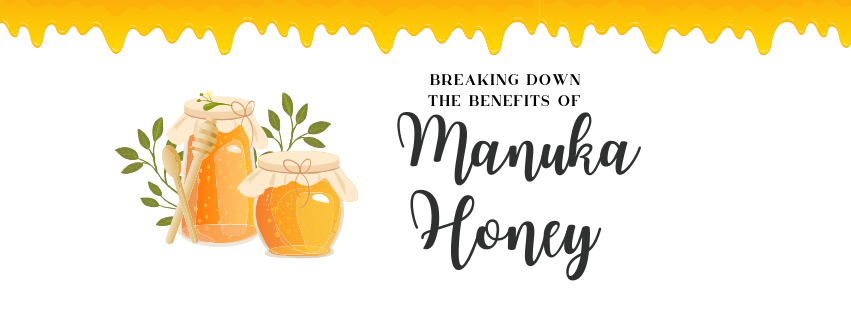Arteriosclerosis
These suggestions are not intended to replace appropriate medical advice. Please check product labels for contraindications or check with your pharmacist if you are on prescription drugs. These suggestions are based on more than 40 years of customer experience at Jo Anne's Place.
Diet
- Drink 7-10 glasses of unchlorinated water.
- Consume a diet that is 75-80% alkaline forming. Chart available.
- Focus on antioxidants. See Dr Axe Top 10 Antioxidants.
- Go organic. Pesticides and chemicals are not beneficial for the arteries.
- Consume fermented foods on a regular basis. Kimchi and sauerkraut have been shown to prevent plaque accumulation.
- 1-3 tbsp Chia, hemp, or ground flax daily provide fiber and essential fatty acids.
- Garlic is renowned for its protective effect on cardiovascular health.
- Pomegranate juice can significantly slow plaque buildup.
- Increase use of unrefined healthy oils: sesame, olive, and walnut are excellent choices.
- Take 4 tbsp of Aloe Vera juice 2X daily. In one study hyaluronic acid and collagen levels nearly doubled in study participants. Delicious mixed with pomegranate juice.
- Use sparingly grains containing gluten, dairy, soy, alcohol, natural sweeteners, whole sea salt or Herbamare.
Supplements
- Bio-Strath – necessary for proper digestion of fats, carbohydrates, and protein. Reduces homocysteine levels considered a factor in arterial damage. Improves stress tolerance.
- Vitamin C – 300-2,000 mg – anti-inflammatory, promotes collagen production.
- Vitamin D – 2,000-4,000 IU – a steroid precursor, anti-inflammatory.
- Vitamin K2 – directs calcium where it is required and stops it from binding to artery walls.
- Omega 3 fatty acids – necessary for healthy cardiovascular function.
- Magnesium – important for delivery and absorption of other nutrients. Has a relaxing effect upon the heart, muscles, and blood vessels.
- Probiotic – promotes better digestion, corrects PH.
- Policosanol decreases arterial plaque, lowers LDL, breaks up fatty liver deposits, and reduces visceral fat around waist and hips.
Final Suggestions
- Holy Basil (Tulsi) tea to reduces cortisol levels, blood pressure and anxiety.
- Yoga, Tai Chi, meditation, and deep breathing are effective ways to reduce stress and promote cardiovascular health. Many studios offer instruction in all of these practices.
- Organic coffee is a vasodilator that is high in antioxidant flavonoids.
- Get moderate daily exercise and watch Dr. Zack Bush’s 4-minute Workout aka “The Nitric Oxide Dump” online. Nitric Oxide is important for healthy arteries.
Follow this protocol for 3-4 months and assess your progress.

When it comes to our health, it’s often the small, consistent habits we practice each day that have the greatest impact on our long-term health. While genetics play a role, lifestyle choices around nutrition, movement, stress management, and supplementation can significantly support cardiovascular wellness. Here are some simple, everyday habits to help keep your heart strong and resilient: *These suggestions are not intended to replace appropriate professional advice. Please check labels for contraindications and check with your pharmacist if you are on prescription drugs. These suggestions are based on over 40 years of customer experience at Jo Anne’s Place.

The start of a new year can come with a lot of pressure to reset, overhaul, and become a 'better' version of yourself overnight. Traditional New Years' resolutions can feel motivating at first, but can quickly become overwhelming and restricting. Did you know that 88% of people fail their resolution within the first 2 weeks? It makes us wonder why. And we think that it's because they are rooted in an all-or-nothing mindset that doesn't leave room for life's unpredictability. And our resolutions are often things we think we SHOULD do (because of pressure from others, societal standards, etc.) and not things that we actually VALUE. It’s important to ensure you are enhancing your wellness in harmony with your surroundings and your reality. At Jo Anne's Place, we believe the new year is less about drastic change and more about gentle intention. A holistic approach to the new year invited you to build healthy habits that support your body, mind, and lifestyle at a pace that feels sustainable for you. Rather than chasing resolutions, this is an opportunity to tune in, reflect, and choose practices that truly support your long-term wellbeing. If setting goals is your thing, we support that! Just remember to keep them realistic and grounded in your values. If setting resolutions isn't for you, here are some gentler ways to step into the new year:

Feeling the Holiday pressure? In the midst of Winter’s chill and the Holiday rush, your own well-being deserves space to breathe. The natural world around us is slowing down, so why shouldn’t we? Winter invites us to turn inward, and it is especially important to support your mental health during these longer, darker days. Did you know that we, as Canadians, are more prone to Seasonal Affective Disorder due to our northern latitude, which results in less sunlight during the winter? The Holiday season can be equal parts joyful and overwhelming. Schedules get busy, routines slip, and we're surrounded by comfort foods and sweet treats. Between gatherings, travel, and to-do lists, our well-being can take a back seat. Here are some simple tips to keep you grounded, nourished, and feeling your best throughout the season: *These suggestions are not intended to replace appropriate professional advice. Please check labels for contraindications and check with your pharmacist if you are on prescription drugs. These suggestions are based on over 40 years of customer experience at Jo Anne’s Place.







